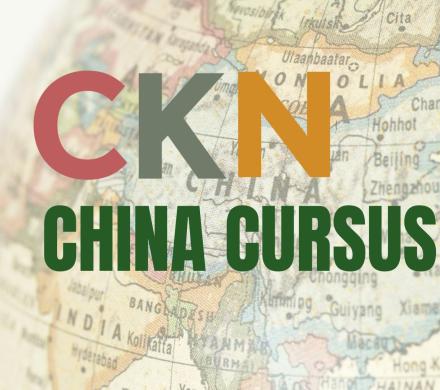
Policy options for the Netherlands and the European Union
Read report.
For the fulfilment of their geopolitical ambitions, both the Netherlands and the European Union are highly dependent on a secure supply of critical raw materials and manufactured goods. This is problematic given the fact that other countries, in particular China, control large market shares in these sectors. In this extensive report, Irina Patrahau, Michel Rademaker, Hugo van Manen and Lucia van Geuns, together with Ankita Singhvi and René Kleijn from the Centrum voor Milieuwetenschappen (CML), identify strategies and policy instruments that the Netherlands, in collaboration with the EU, can apply in order to reduce important dependence on critical raw materials.
The energy-, transport- and digital technologies-sectors, and more specifically, wind turbines, photovoltaic solar power, geothermal, energy grid infrastructure, carbon capture & storage, electric vehicles and semiconductors, are all highly dependent on China, not only in terms of technology, but also in terms of components and raw materials.
In the Netherlands and other Western countries, the industry has been securing critical supplies independently from governments, whereas China has been pursuing a long-term strategy which deeply involves the government in the industrial extraction and production of raw materials. Furthermore, China is currently – and has been for the past decade – employing a wide range of strategies in order to develop states of domestic supply chains, secure access to strategic resources abroad as well as to enhance their grip on complete values chains.
What can the Netherlands do to secure its supply of critical materials and technologies? First and foremost, the Netherlands needs to prioritize the development of a long-term national strategy that reflects the needs of industrial actors in securing their supply chains. Other recommendations include supporting industrial alliances, multilateral and multilevel programming and policy coherence, and more.
Read full report.

The Hague Centre for Strategic Studies
HCSS conducts research and provides advice on geopolitical and defence & security issues to governments, international institutions and businesses. Our research is characterized by a datadriven, multidisciplinary approach, specialist knowledge and a strategic orientation. We combine broad, conceptual knowledge with qualitative and quantitative methods and present our findings in the form of recommendations, strategic explorations and scenario analyses



